
A clinical trial found that Jaypirca was more effective than Imbruvica across the frontline and relapsed/refractory CLL/SLL settings.

A clinical trial found that Jaypirca was more effective than Imbruvica across the frontline and relapsed/refractory CLL/SLL settings.

Consolidation tiragolumab plus Tecentriq does not improve progression-free survival in advanced lung cancer compared to Imfinzi.
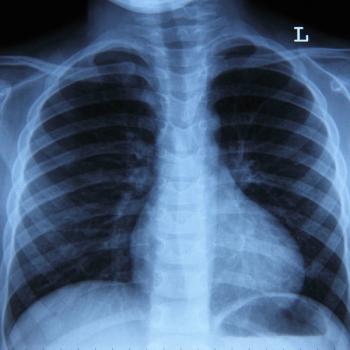
Patritumab deruxtecan treatment did not improve suvival end points versus those treated with chemotherapy in EGFR+ advanced/metastatic NSCLC.

Aidixi plus BCG showed strong early efficacy and manageable safety in patients with high-risk, HER2-expressing non–muscle-invasive bladder cancer.

Results from a small retrospective analysis of patients with upper tract urothelial carcinoma lesions were shared at the 2025 ASCO Genitourinary Cancers Symposium.

Among patients with advanced gastric and GEJ cancer, or esophageal adenocarcinoma, treatment with first-line Opdivo and chemo demonstrated deep responses.

Adjuvant Lynparza remains beneficial for patients with BRCA1/2 mutation–positive, HER2-negative high-risk breast cancer, study results have shown.

For the first time, a drug combination (Padcev plus Keytruda) outperformed frontline chemotherapy for patients with locally advanced or metastatic urothelial carcinoma.

Nearly three-fourths of patients with clear cell renal cell carcinoma had a disease response lasting 12 months or longer after being treated with Welireg and Lenvima, study data showed.

In a recent clinical trial, treatment with Bavencio plus Inlyta produced promising outcomes in the presurgical treatment of patients with non-metastatic, clear cell renal cell carcinoma.
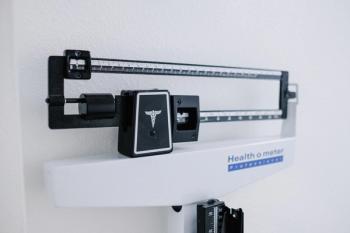
Despite this “obesity paradox,” doctors do not recommend gaining weight with hopes of improving cancer outcomes.

Use of the combination of Keytruda and Inlyta is associated with long-term survival benefits in patients with kidney cancer.
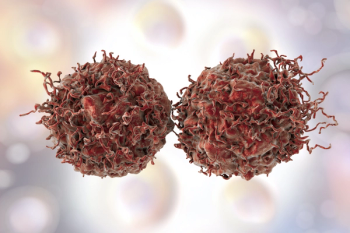
The addition of an investigational therapy to standard-of-care treatment was associated with a median overall survival of 15.3 months in patients with progressive PSMA-positive metastatic castration-resistant prostate cancer.
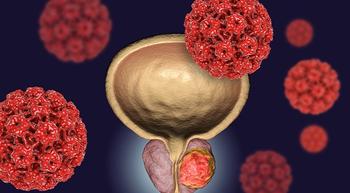
The combination of Erleada, Zytiga and the steroid prednisone was associated with a trend toward better survival outcomes in certain patients with chemotherapy-naive metastatic castration-resistant prostate cancer.

The FDA has granted an accelerated approval to Polivy for use in combination with bendamustine and Rituxan for the treatment of patients with relapsed/refractory diffuse large B-cell lymphoma who have received at least two prior therapies.

The Food and Drug Administration has approved the combination regimen of Revlimid plus Rituxan for use in patients with previously-treated follicular lymphoma and marginal zone lymphoma.

The Food and Drug Administration has approved the PI3K inhibitor Piqray (alpelisib) for the treatment of postmenopausal women, and men, with HR-positive, HER2-negative, PIK3CA-mutated, advanced or metastatic breast cancer following progression on or after an endocrine-based regimen.
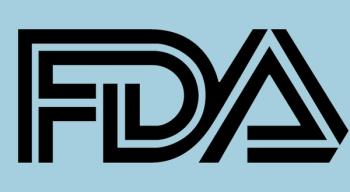
The Food and Drug Administration’s Oncologic Drugs Advisory Committee voted against approving a new drug application for quizartinib for adult patients with relapsed/refractory FLT3-ITD–positive AML.

Treating younger patients with low-risk diffuse large B-cell lymphoma (DLBCL) with two fewer front-line cycles of standard treatment greatly reduced toxicity without sacrificing effi­cacy.
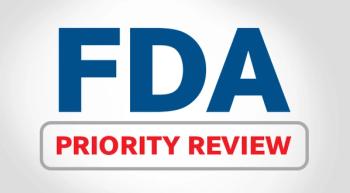
The Food and Drug Administration granted a priority review to Revlimid (lenalidomide) plus Rituxan (rituximab) for the treatment of patients with previously treated follicular lymphoma and marginal zone lymphoma.

The Food and Drug Administration approved Lonsurf (TAS-102; trifluridine/tipiracil) for adult patients with metastatic gastric or gastroesophageal junction (GEJ) adenocarcinoma.

The FDA has granted a priority review designation to a supplemental biologics license application (sBLA) for Tecentriq (atezolizumab) for use in combination with carboplatin and etoposide for the frontline treatment of patients with extensive-stage small cell lung cancer (ES-SCLC).

The FDA has granted an accelerated approval to larotrectinib for the treatment of adult and pediatric patients with solid tumors that have an NTRK gene fusion without a known acquired resistance mutation, are metastatic or where surgical resection is likely to result in severe morbidity, and have no satisfactory alternative treatments or that have progressed following treatment.

The FDA has granted a priority review designation to a supplemental new drug application (sNDA) for Lynparza (olaparib) tablets for use as a maintenance therapy in patients with newly-diagnosed, BRCA-positive advanced ovarian cancer who achieved a complete or partial response to standard frontline platinum-based chemotherapy.

The Food and Drug Administration (FDA) has approved Empliciti (elotuzumab) for use in combination with Pomalyst (pomalidomide) and low-dose dexamethasone, also known as EPd, for the treatment of patients with relapsed/refractory multiple myeloma following two or more prior therapies, including Revlimid (lenalidomide) and a proteasome inhibitor.

The FDA has granted a priority designation to a supplemental new drug application (sNDA) for Imbruvica (ibrutinib) for use in combination with Gazyva (obinutuzumab) for the frontline treatment of adult patients with chronic lymphocytic leukemia (CLL) or small lymphocytic lymphoma (SLL).

The Food and Drug Admnistration has approved a once-weekly dosing option of Kyprolis (carfilzomib) to use in combination with dexamethasone for patients with relapsed/refractory multiple myeloma.

The Food and Drug Administration (FDA) has approved Vizimpro (dacomitinib) for the frontline treatment of patients with metastatic non–small cell lung cancer (NSCLC) with EGFR exon 19 deletion or exon 21 L858R substitution mutations, according to Pfizer, the manufacturer of the pan-human EGFR tyrosine kinase inhibitor (TKI).

The FDA has approved Imbruvica (ibrutinib) for use in combination with Rituxan (rituximab) as a treatment option across all lines of therapy for patients with Waldenström macroglobulinemia.

The FDA has granted a priority review to a supplemental biologics license application (sBLA) for Empliciti (elotuzumab) for use in combination with Pomalyst (pomalidomide) and low-dose dexamethasone (EPd) for the treatment of patients with relapsed/refractory multiple myeloma following two or more prior therapies, including Revlimid (lenalidomide) and a proteasome inhibitor (PI).

Published: June 10th 2021 | Updated:

Published: July 20th 2021 | Updated:
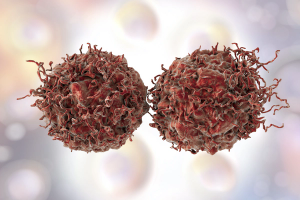
Published: June 4th 2021 | Updated:
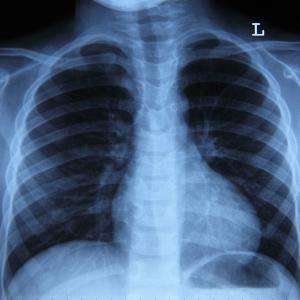
Published: June 3rd 2025 | Updated:

Published: November 11th 2016 | Updated:

Published: November 16th 2016 | Updated: